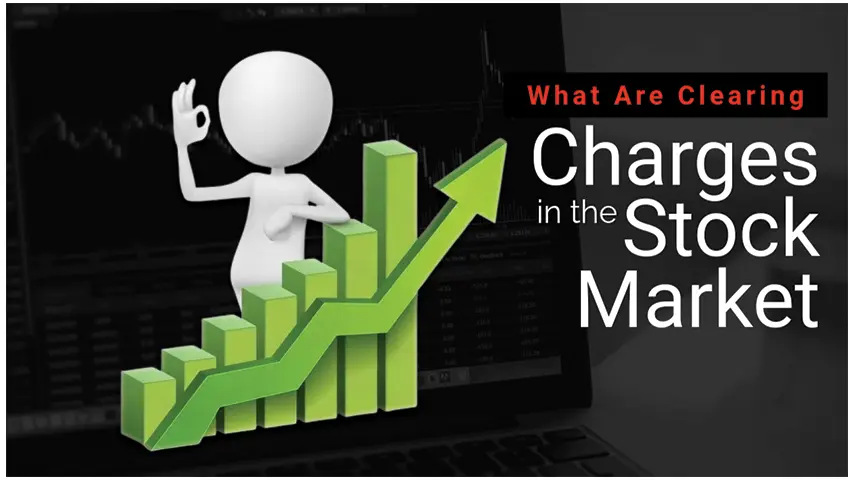What are clearing charges in the stock market
Clearing charges are fees charged by clearinghouses for processing and settling trades in the stock market. When a trade is executed, the clearinghouse acts as an intermediary between the buyer and seller, ensuring that the transaction is settled and that both parties fulfill their obligations. In exchange for this service, the clearinghouse charges fees known as clearing charges.
Clearing charges typically cover the cost of maintaining the clearinghouse infrastructure, such as technology and staff, and risk management activities. This includes monitoring the creditworthiness of participants and managing counterparty risk. The clearinghouse also provides guarantees to ensure that trades are settled in a timely and orderly manner, even in the event of default by one of the parties involved in the trade.

Clearing charges vary depending on the clearinghouse and the type of trade being settled. For example, on the National Stock Exchange (NSE), the clearing charge for equity futures and options is 0.0002% of the traded value, while for cash equity trades, it is 0.0001%.
Clearing charges can significantly impact the overall cost of trading in the stock market, especially for high-volume traders. As such, traders should be aware of these charges and factor them into their trading strategies.
In addition to clearing charges, traders may be subject to other fees and charges, such as exchange and regulatory fees. Exchange fees are charged by the exchange on which the trade is executed, and typically cover the cost of maintaining the exchange infrastructure. However, regulatory boards charge regulatory fees to cover the cost of overseeing the market and ensuring compliance with regulations.
Conclusion
Clearing charges are fees charged by clearinghouses for processing and settling trades in the stock market. They cover the cost of maintaining the clearinghouse infrastructure and managing risk and can have a significant impact on the overall cost of trading. Traders should be aware of these charges and factor them into their trading strategies, along with other fees and charges such as exchange and regulatory fees.

0 comments